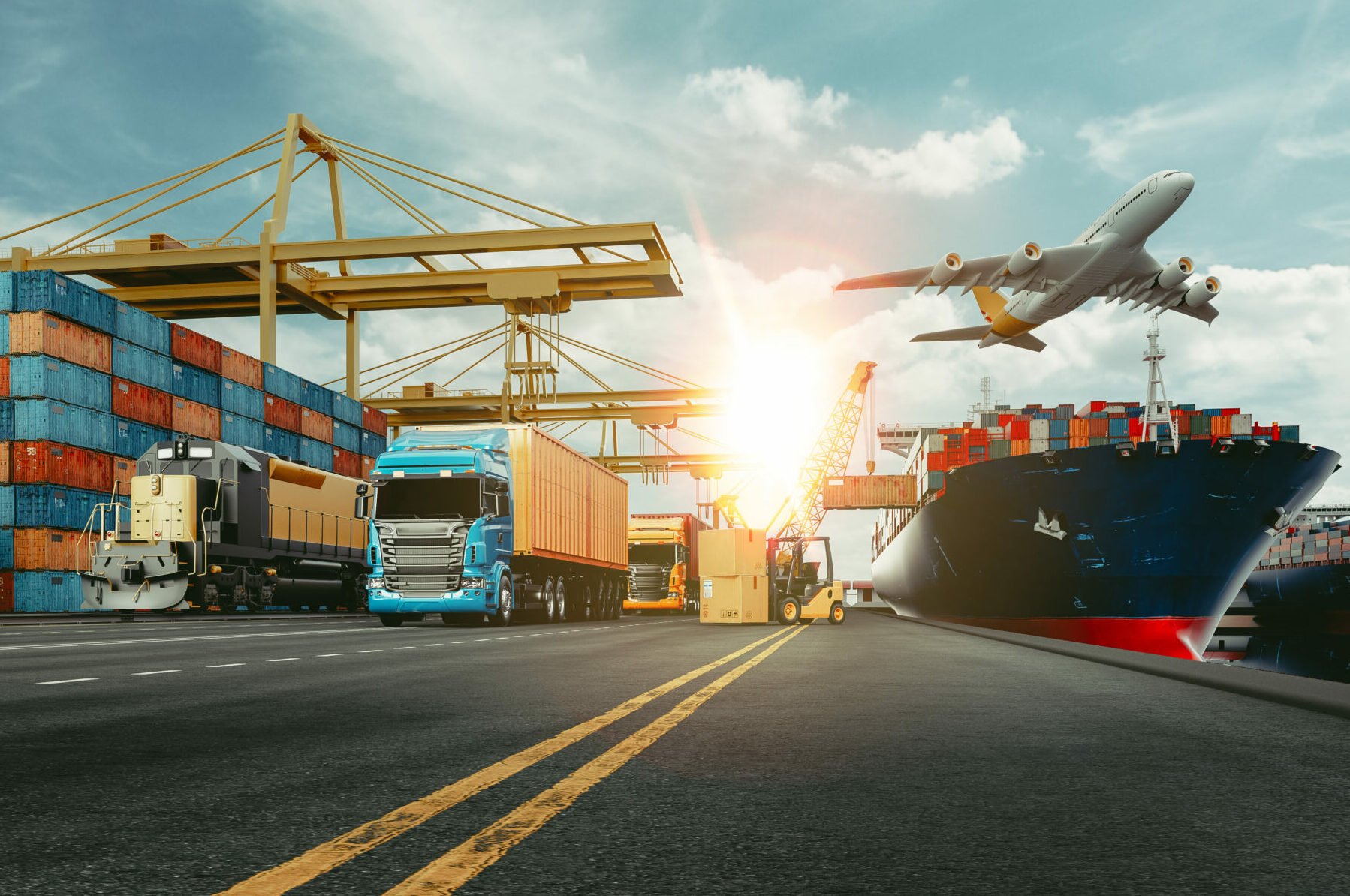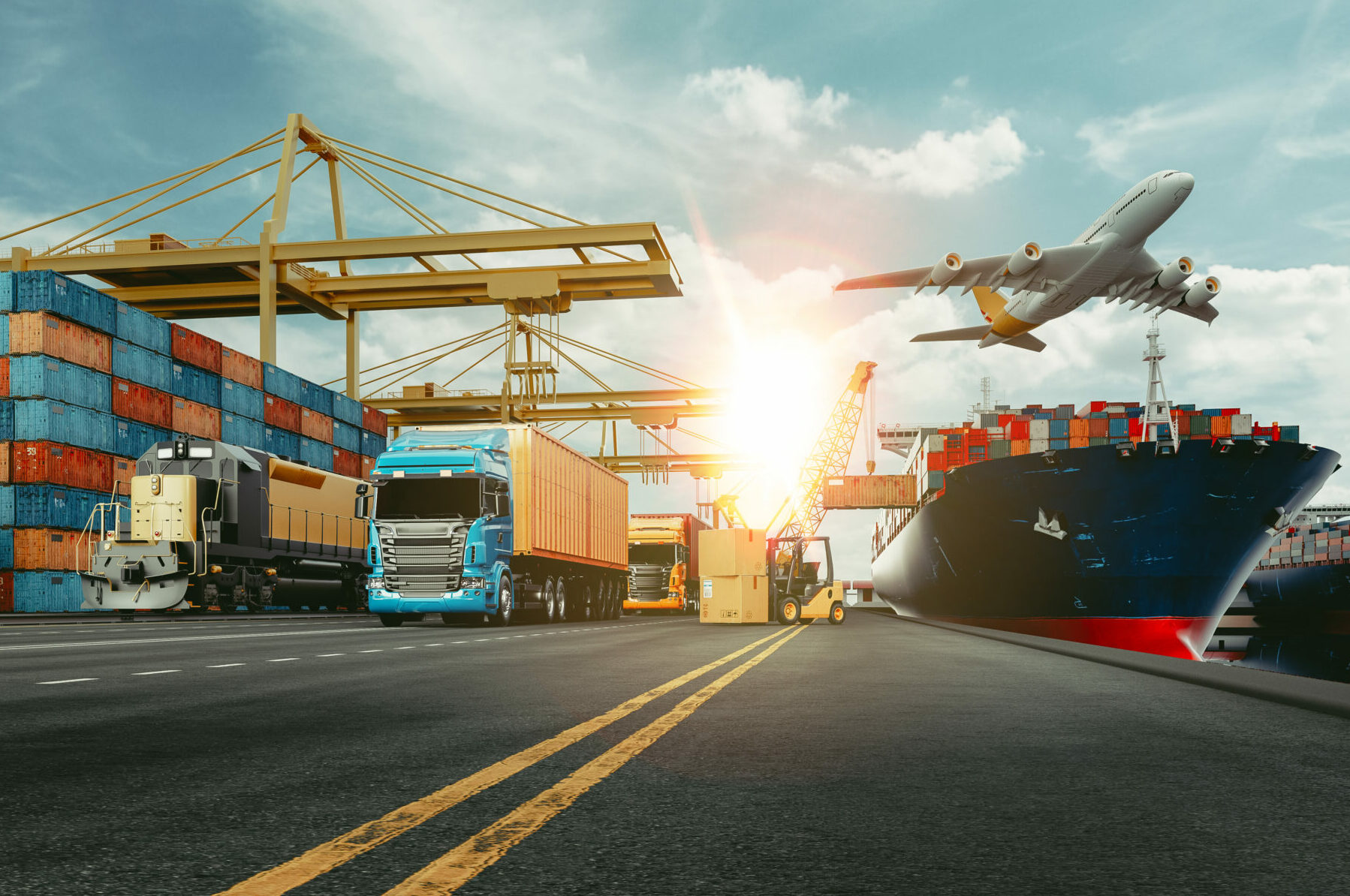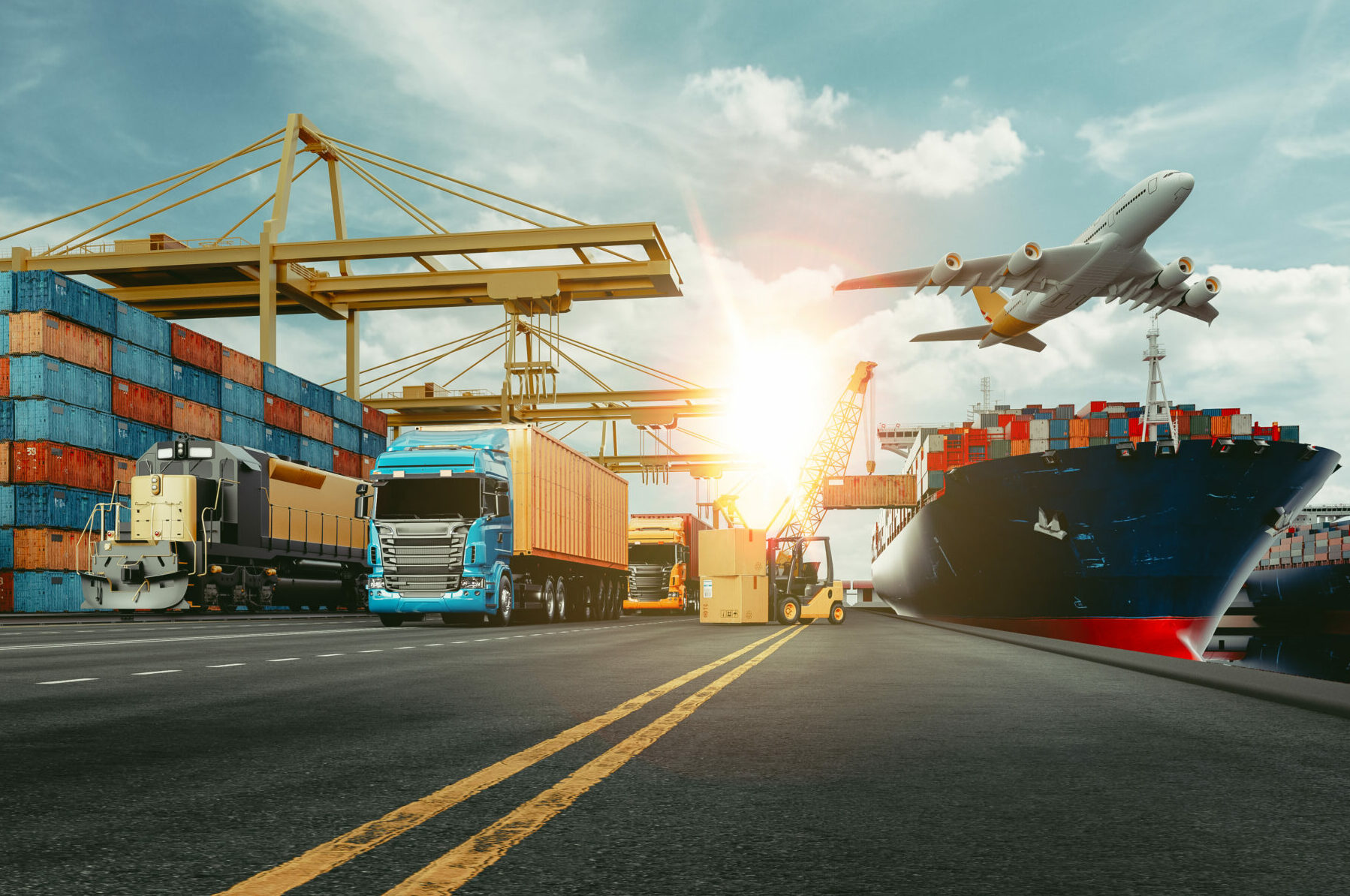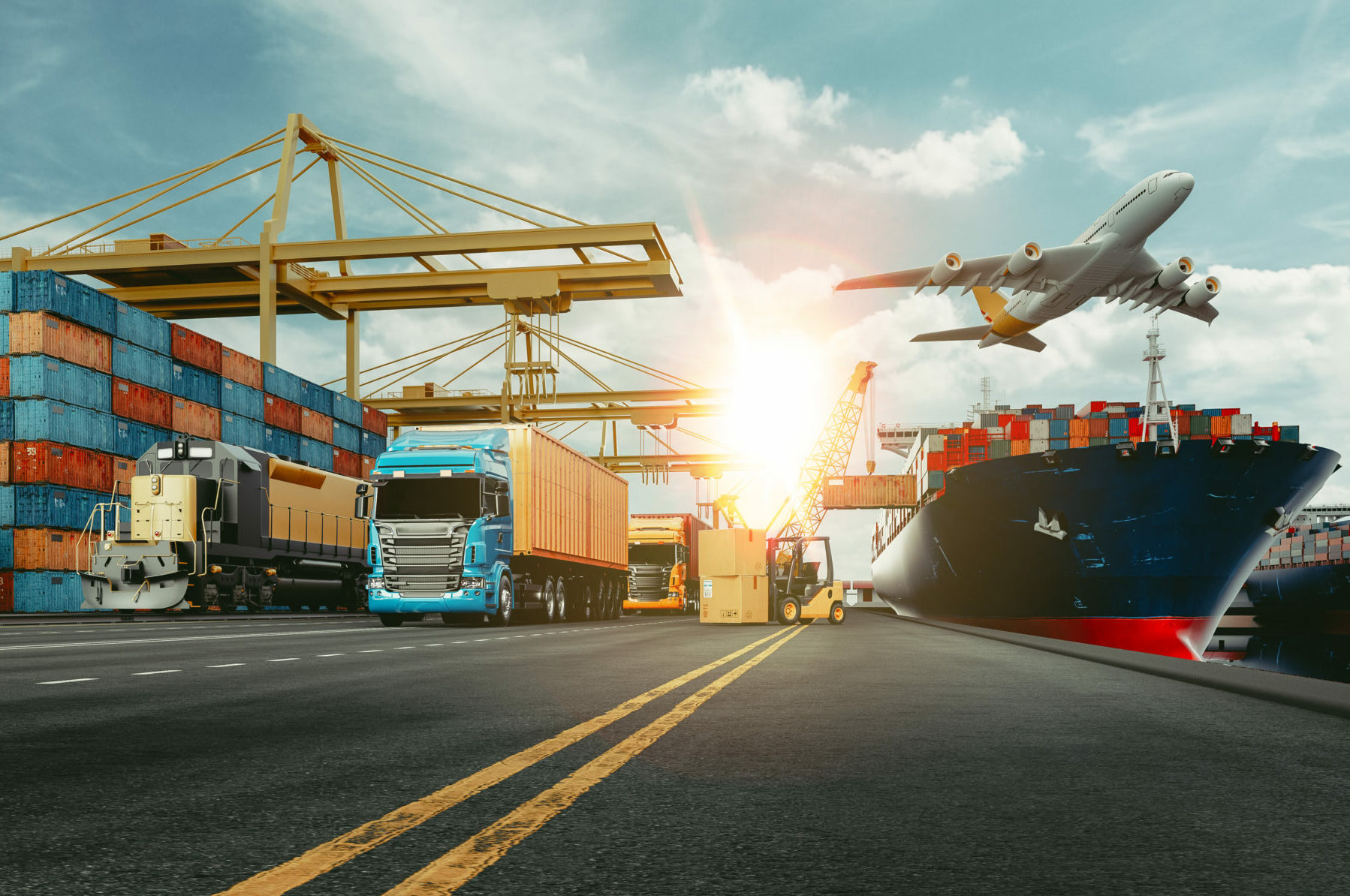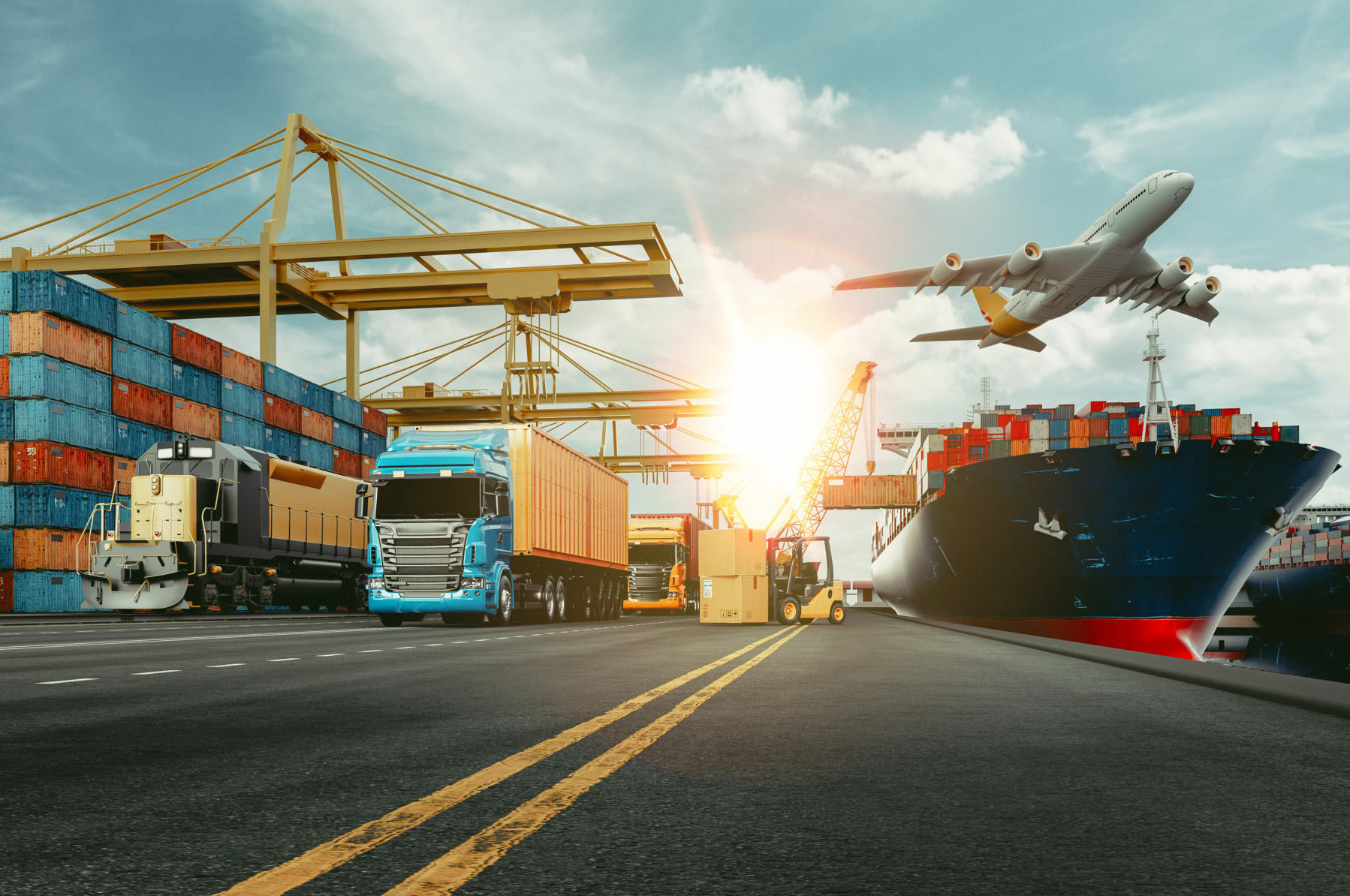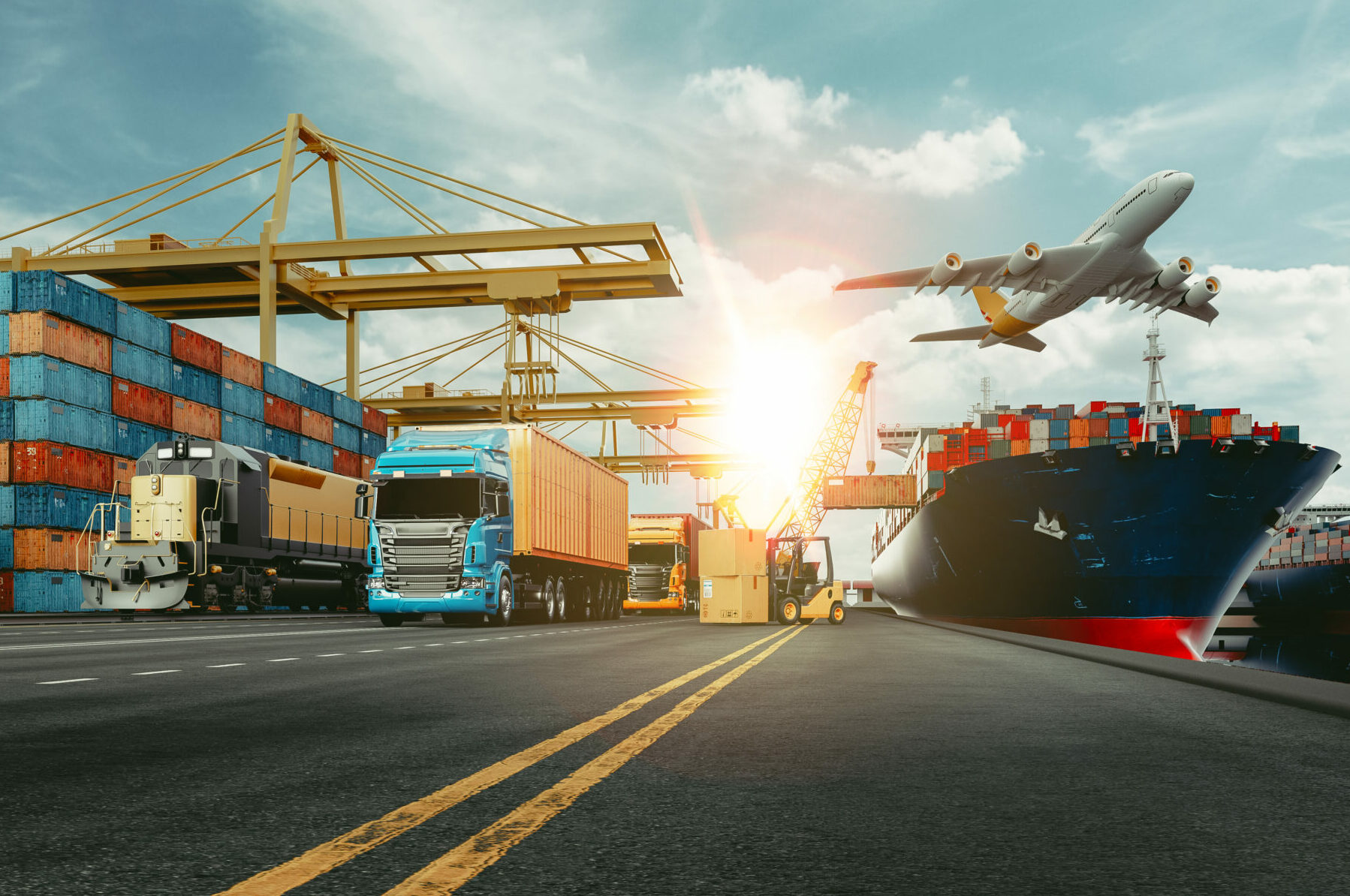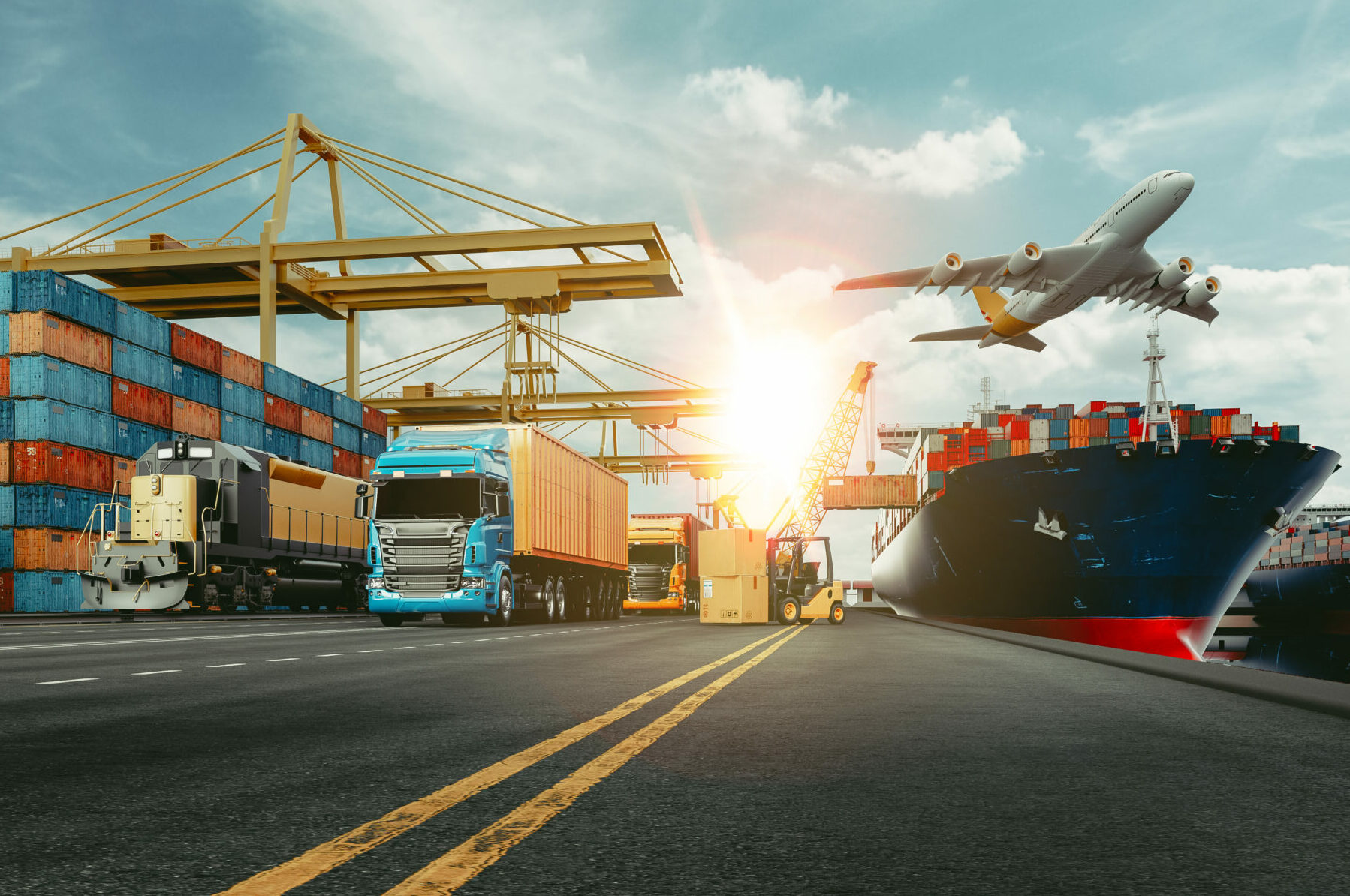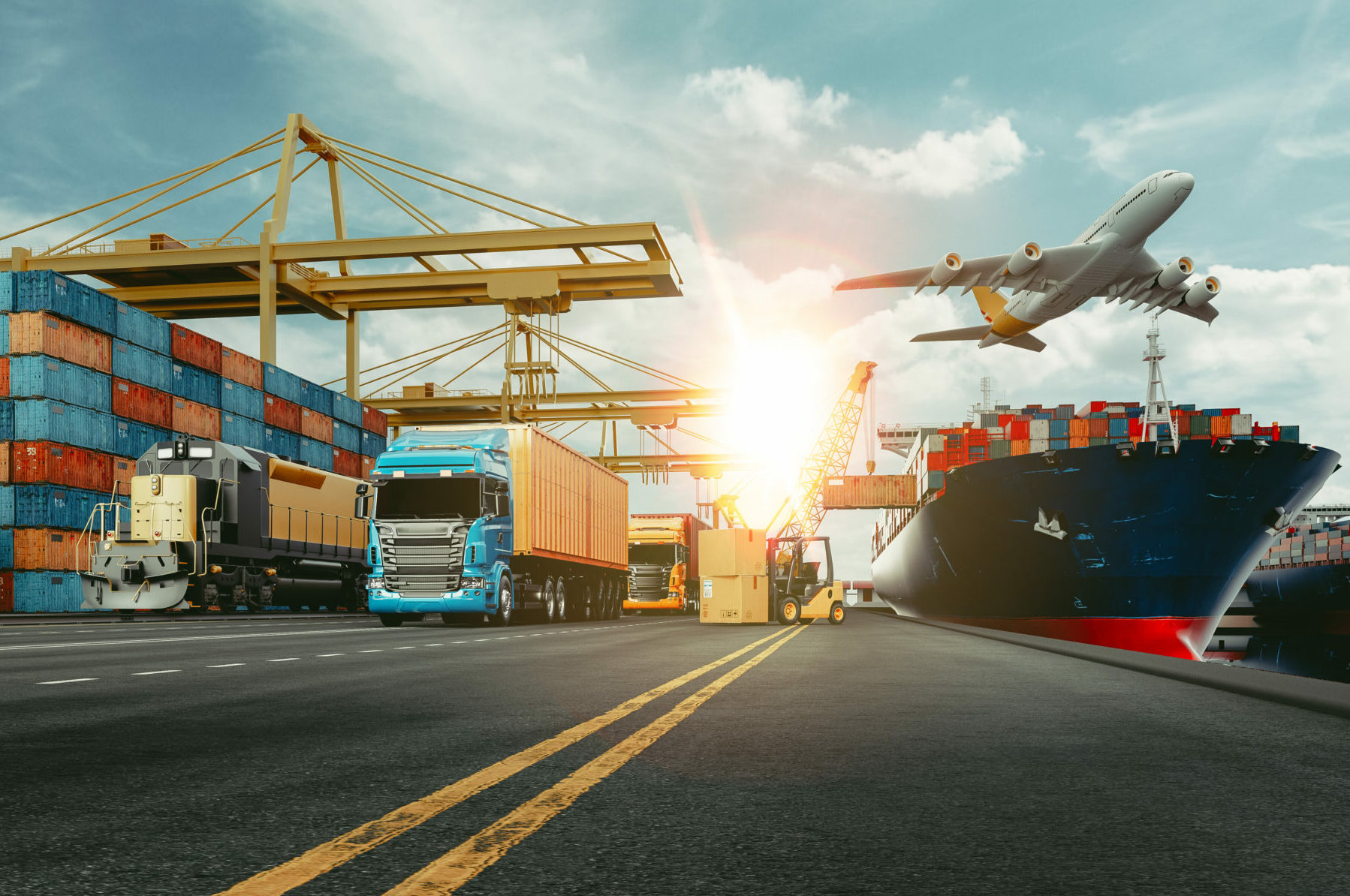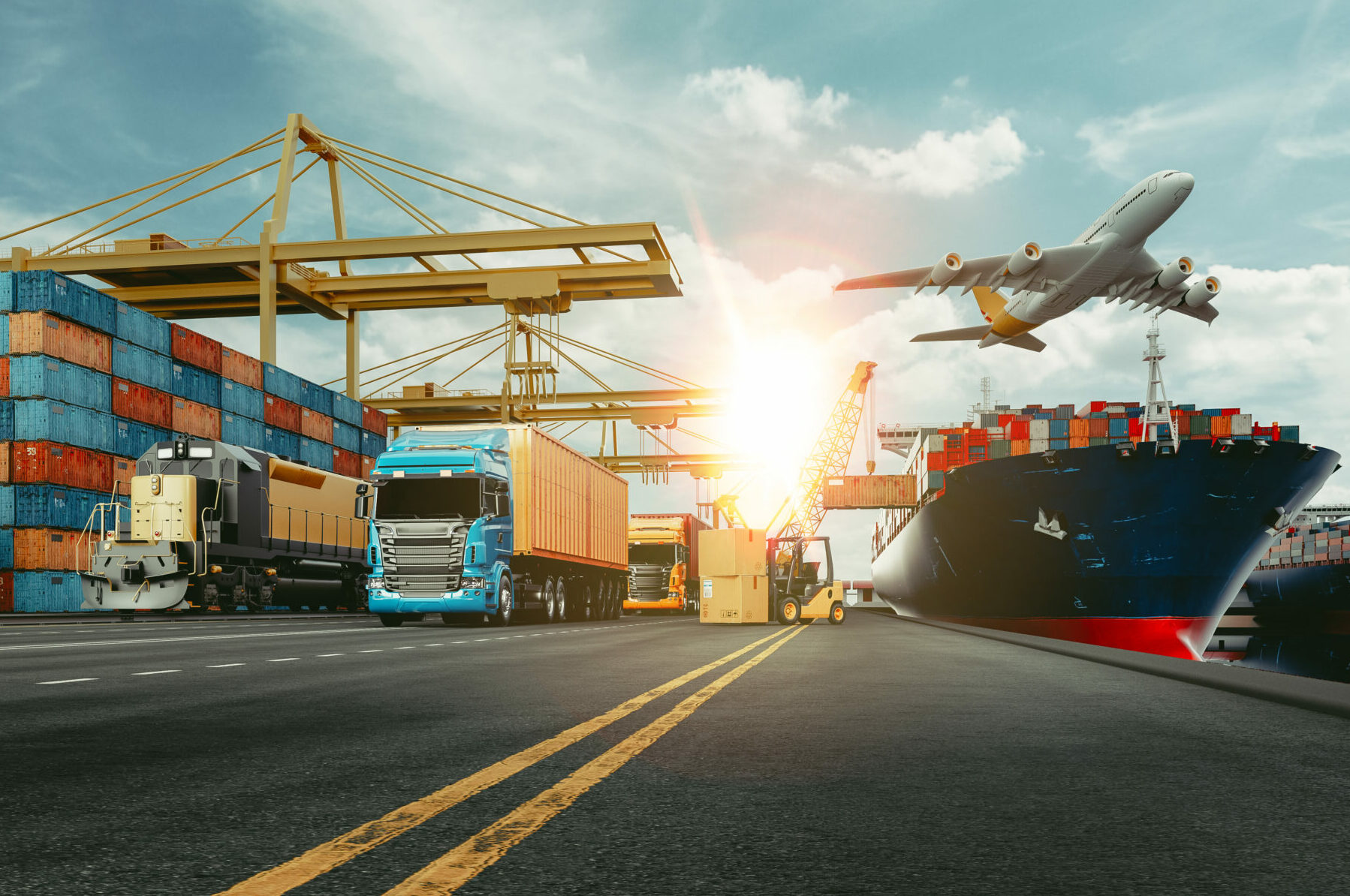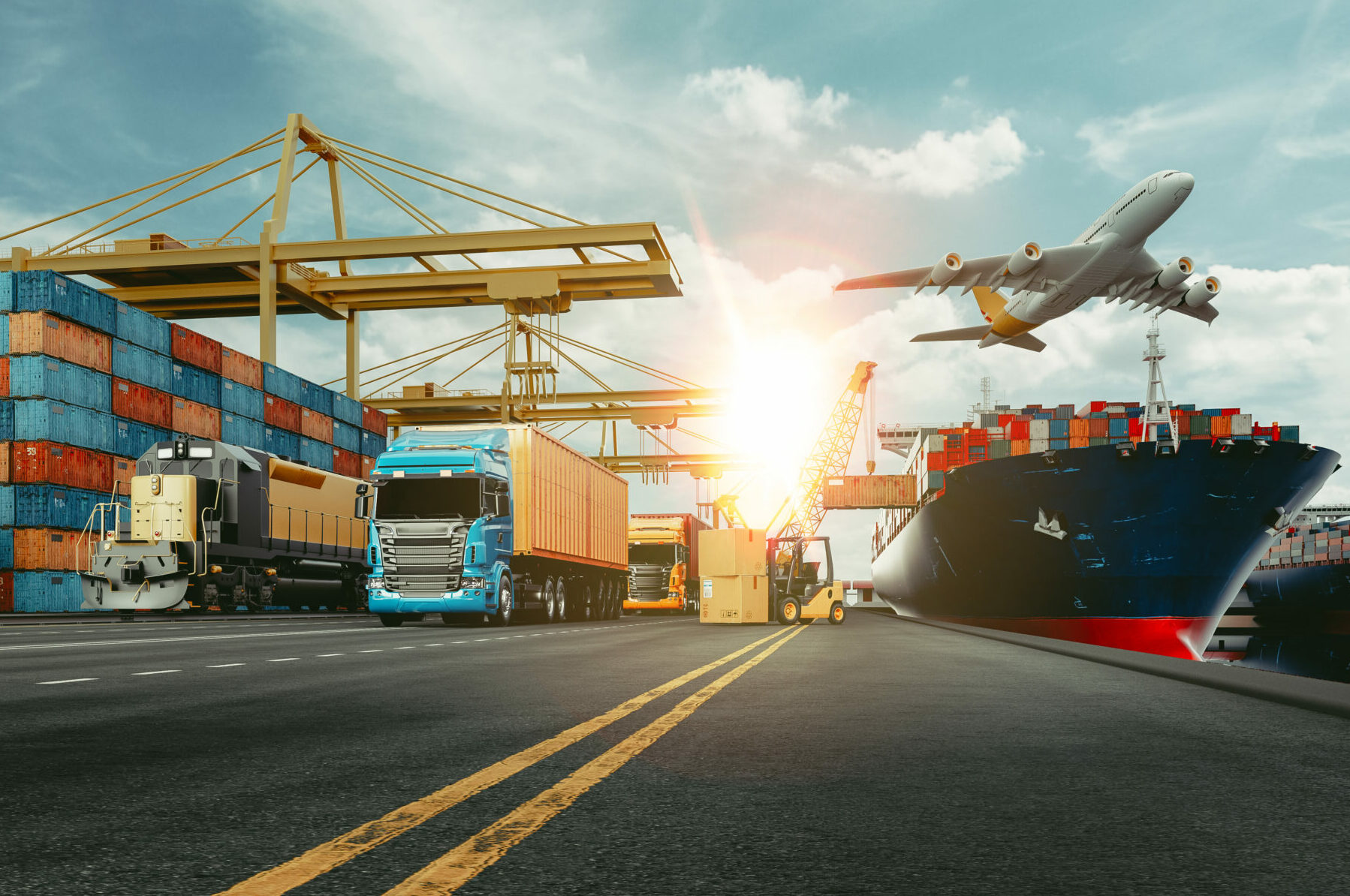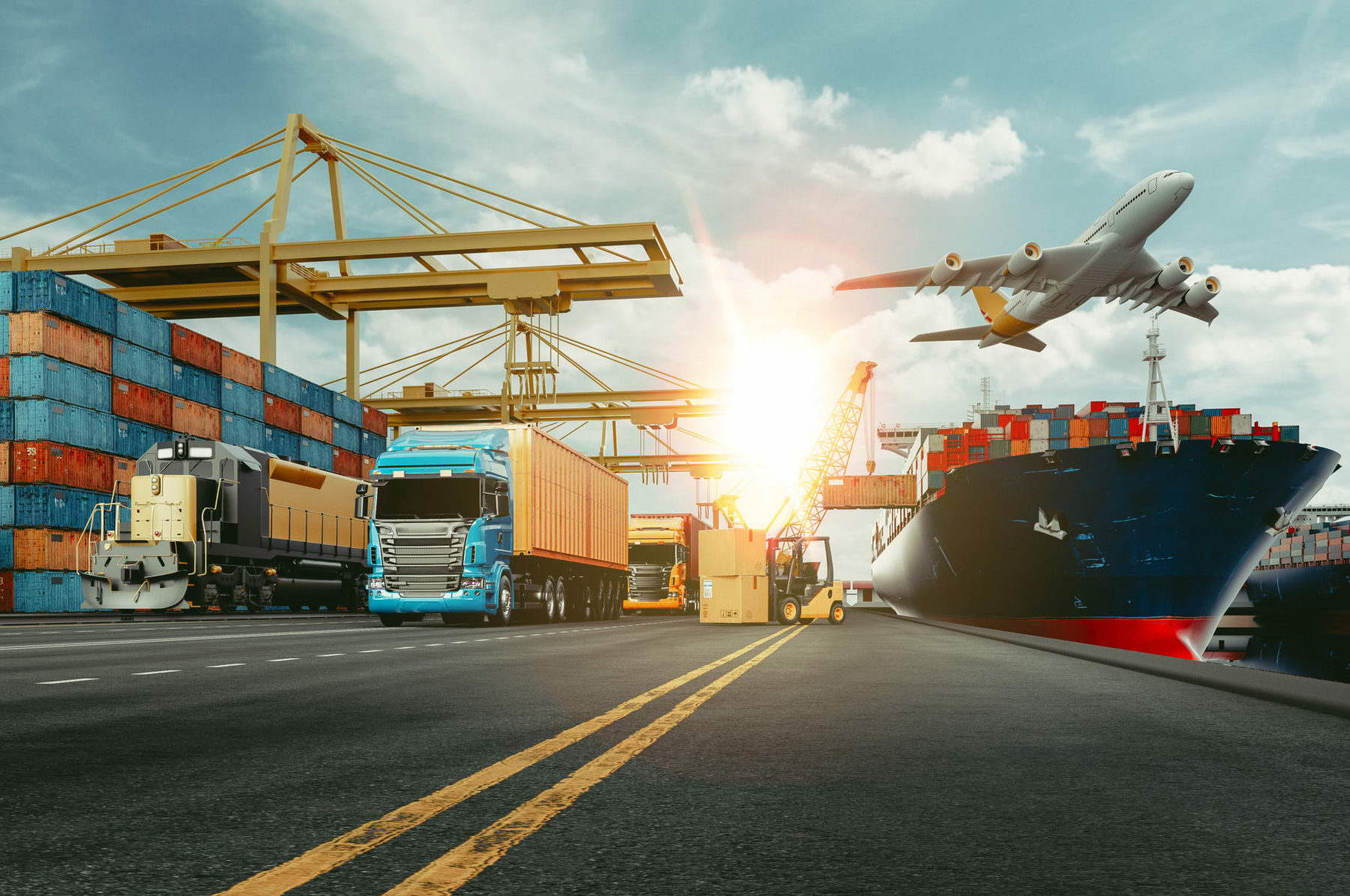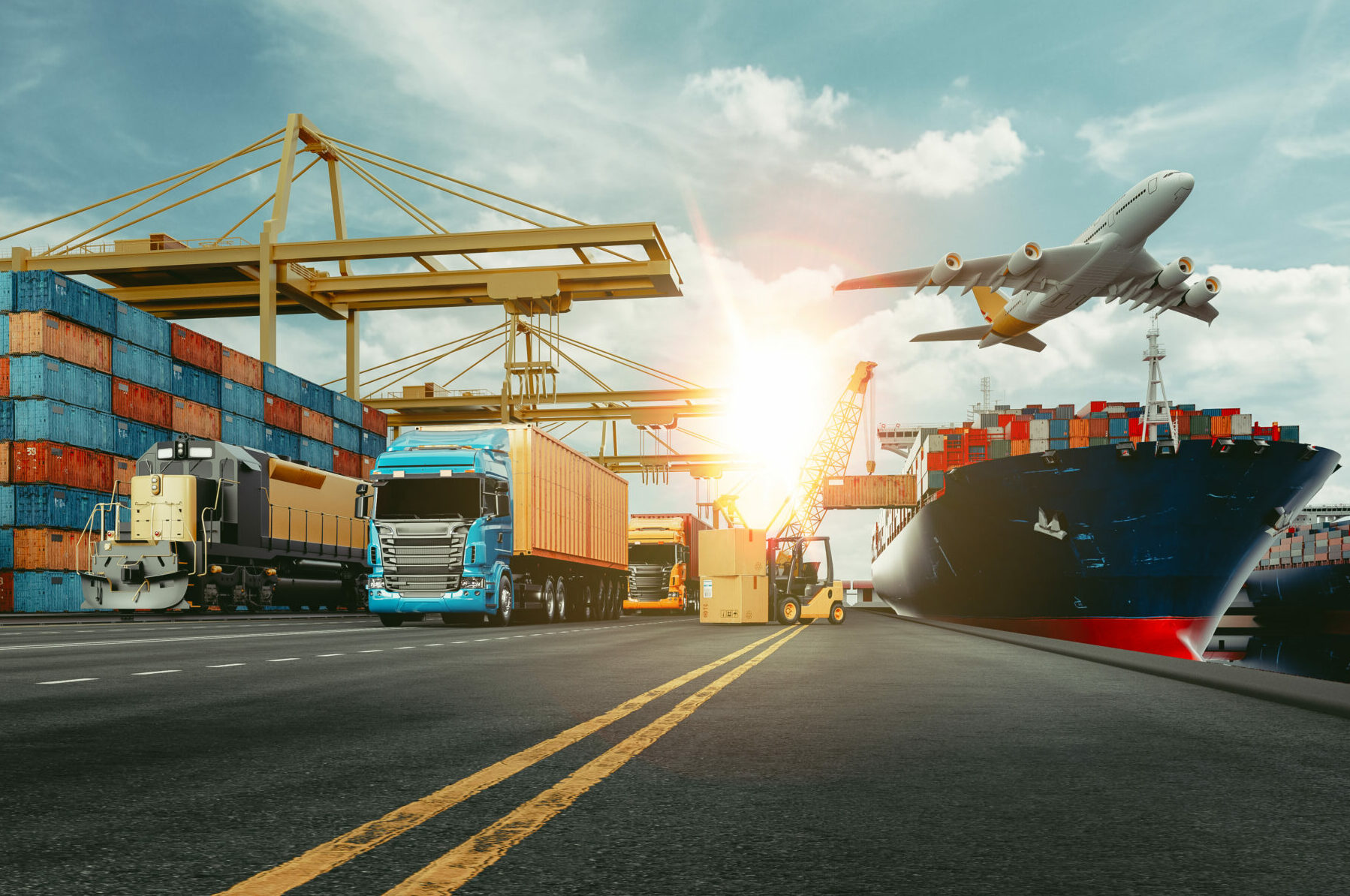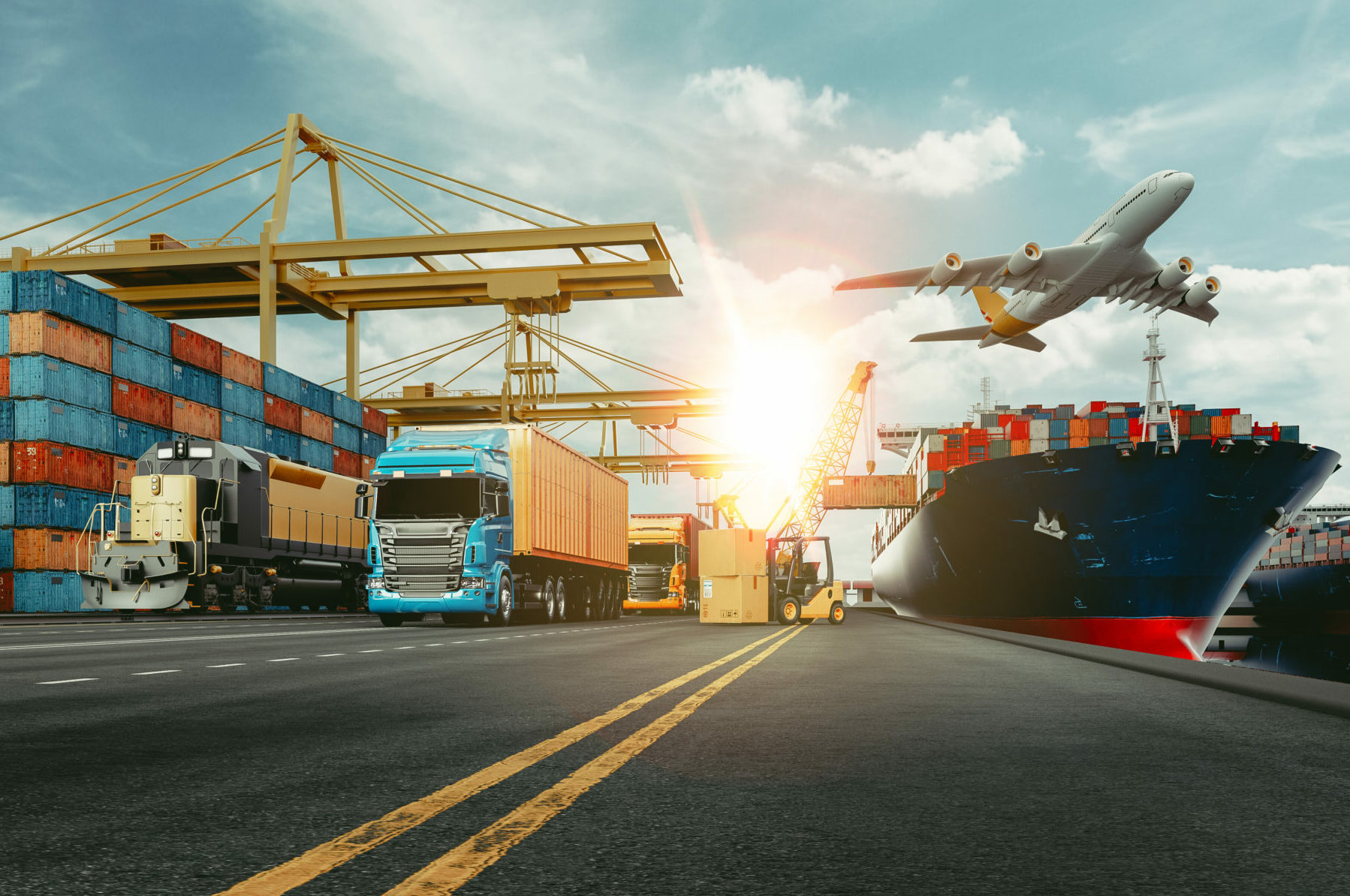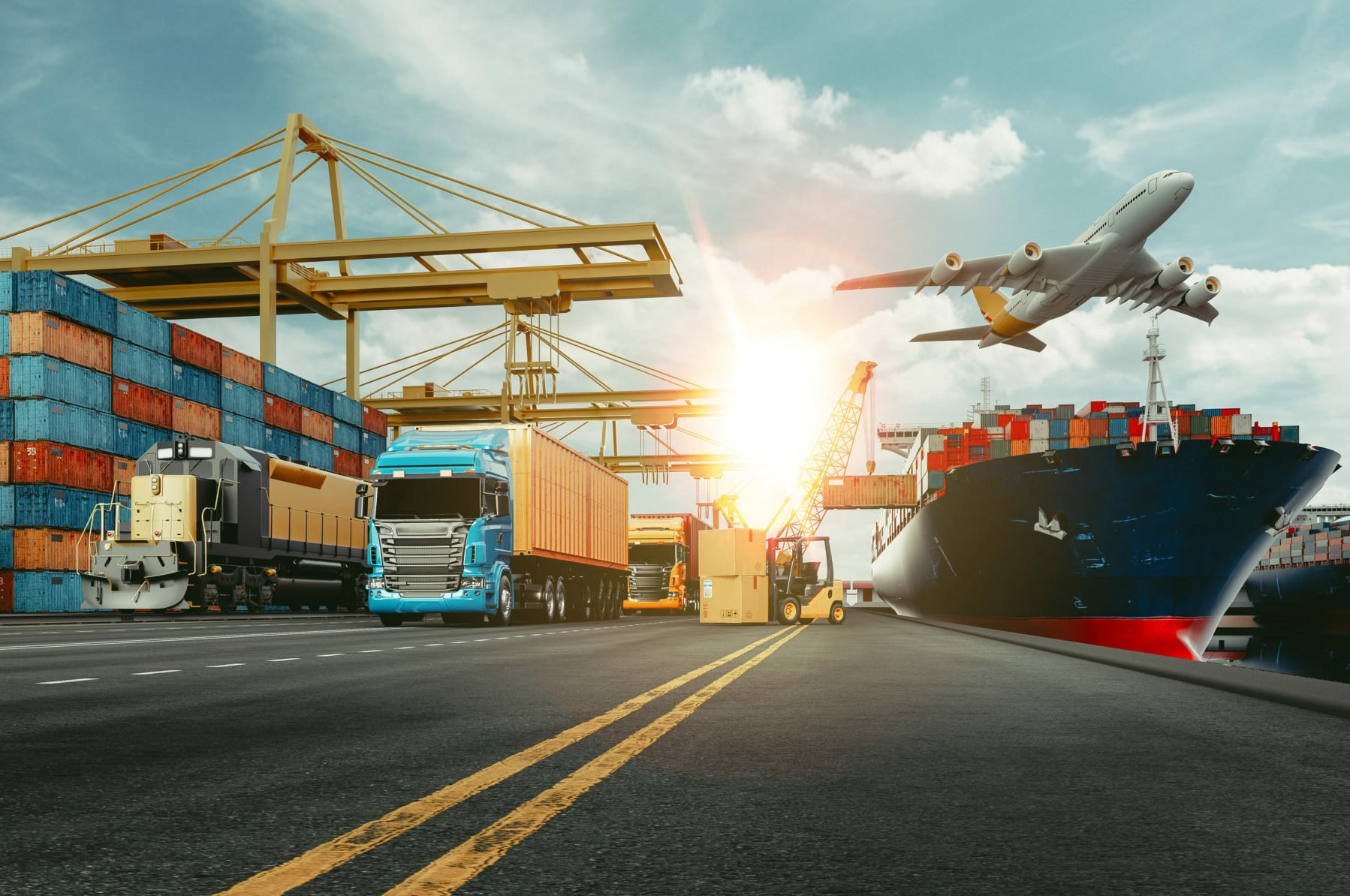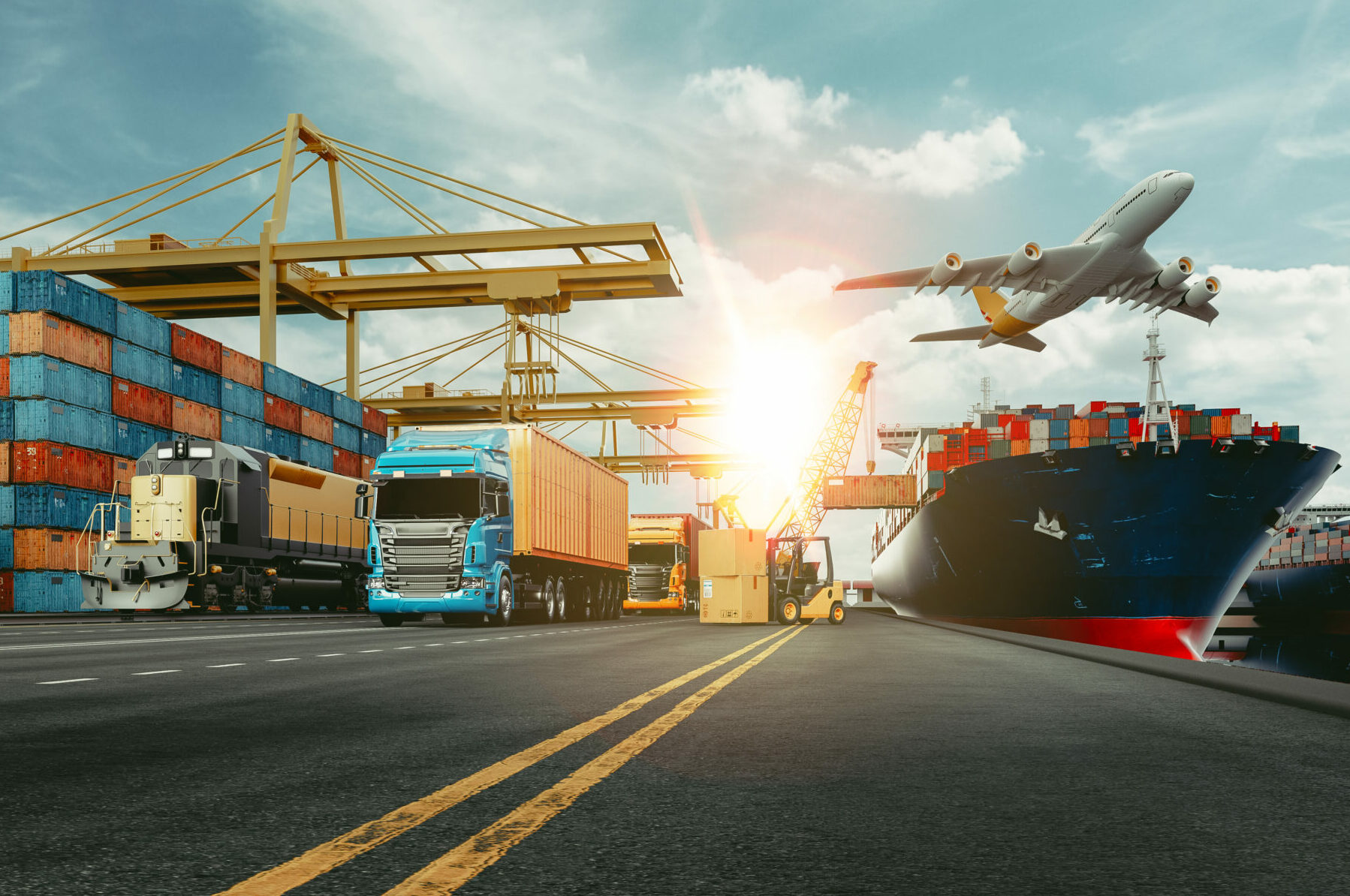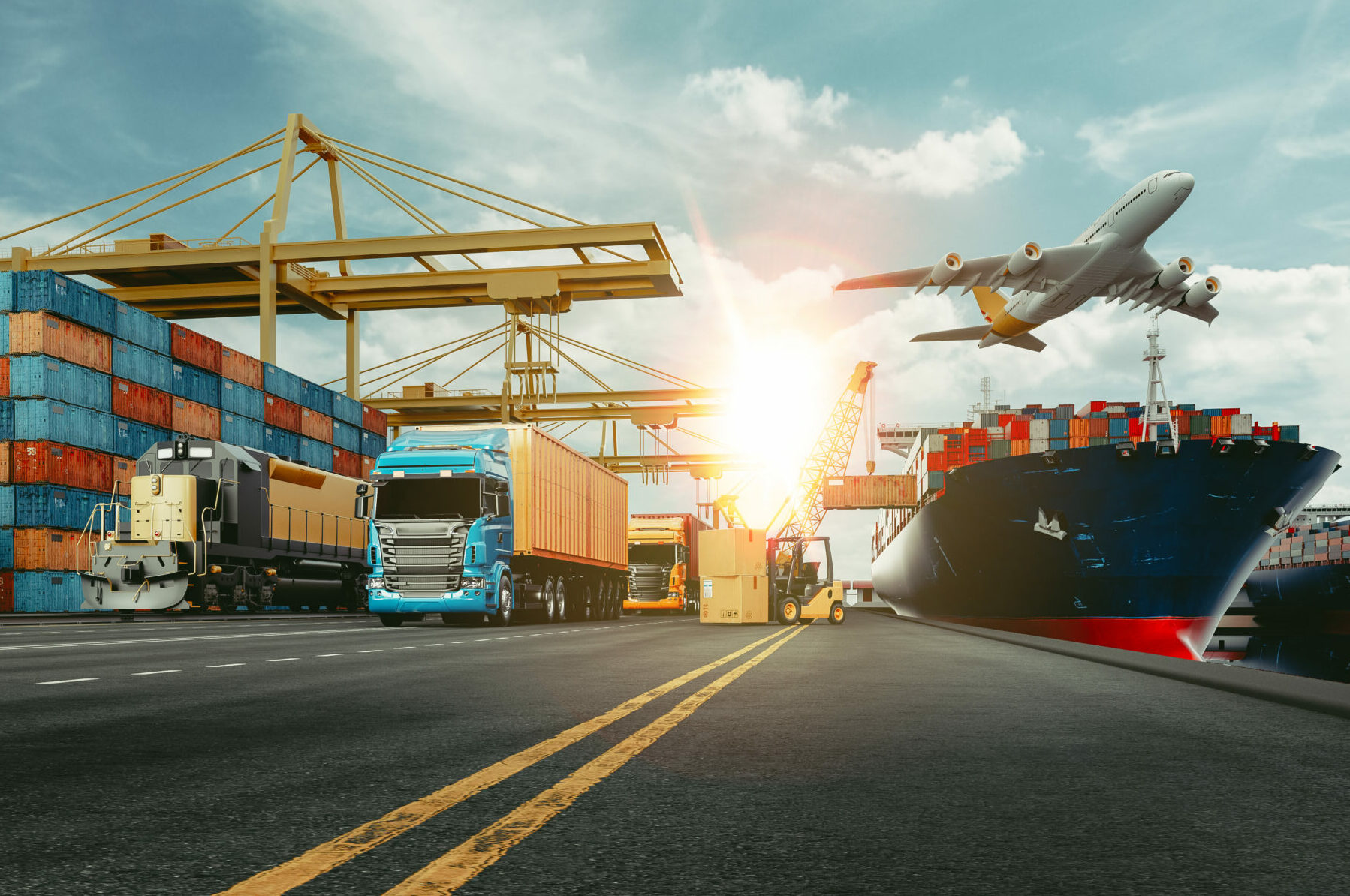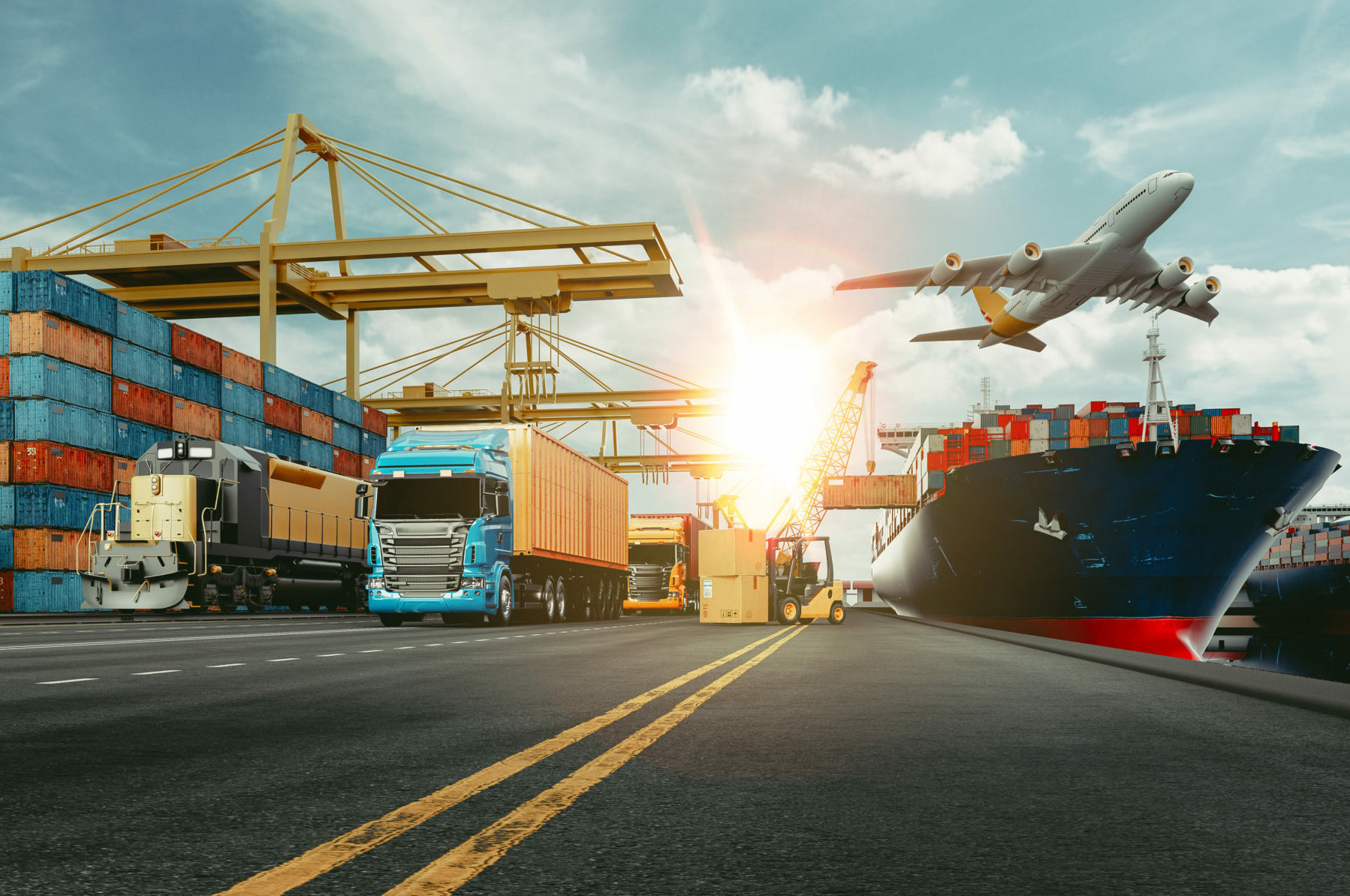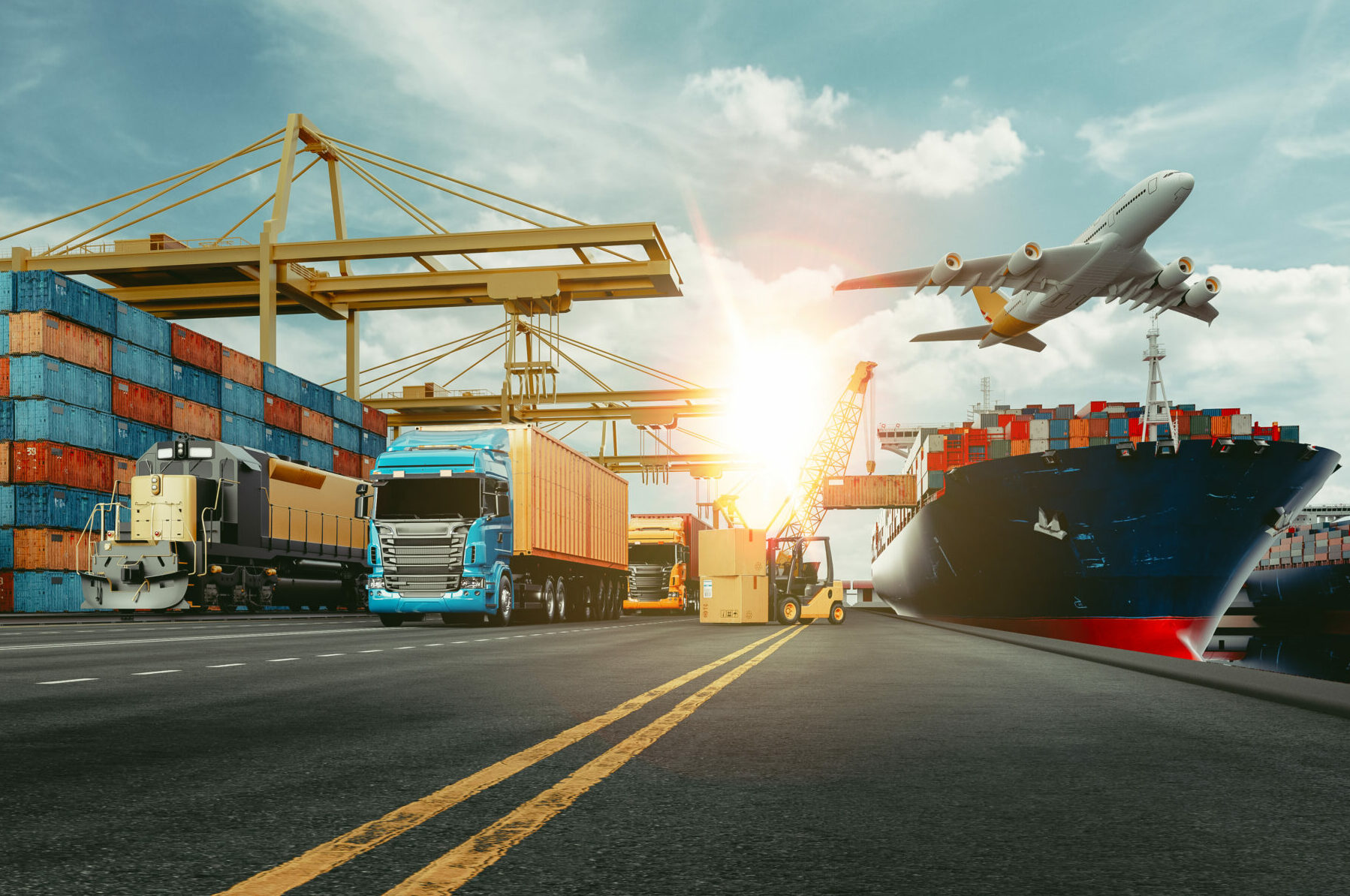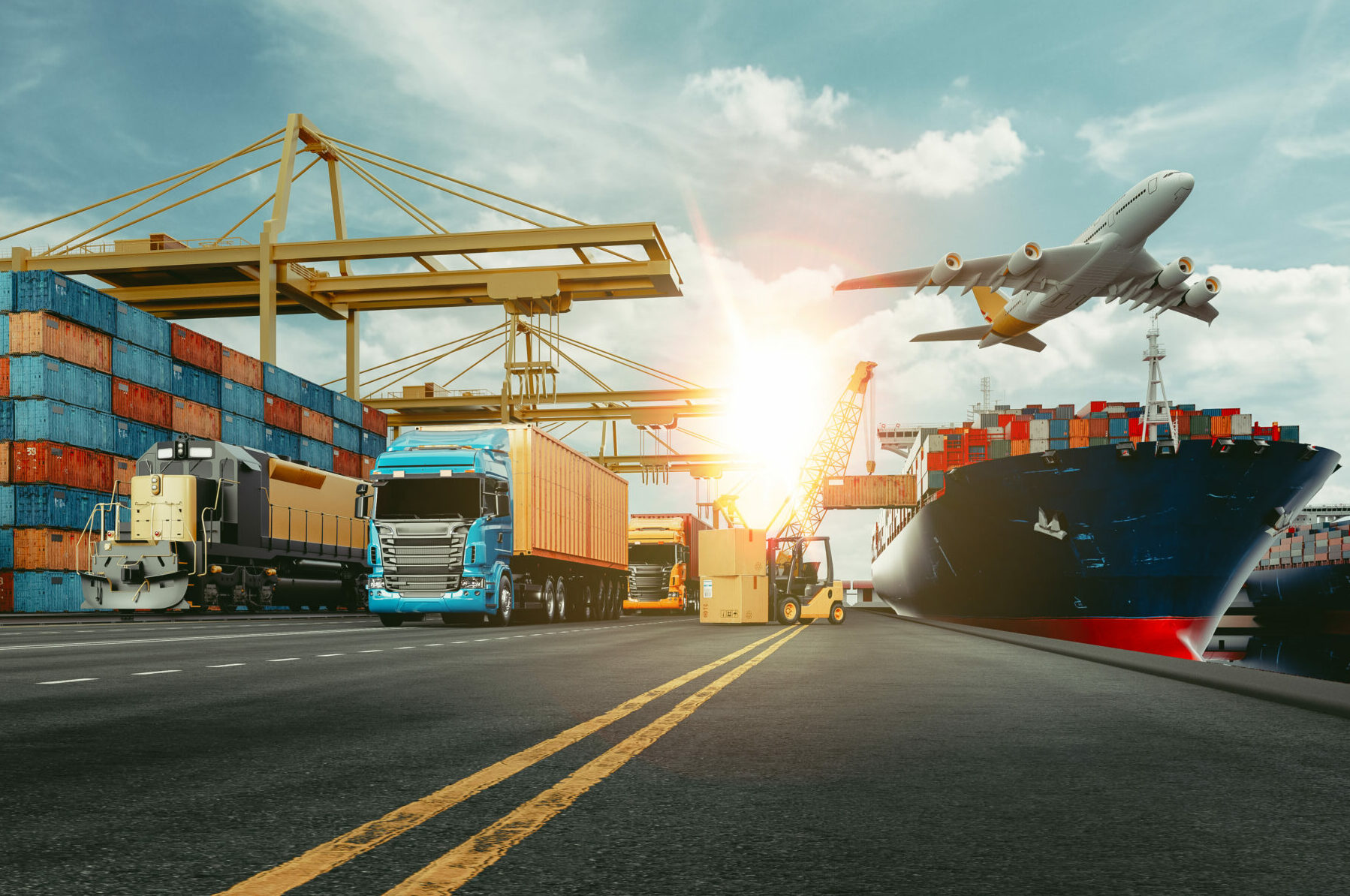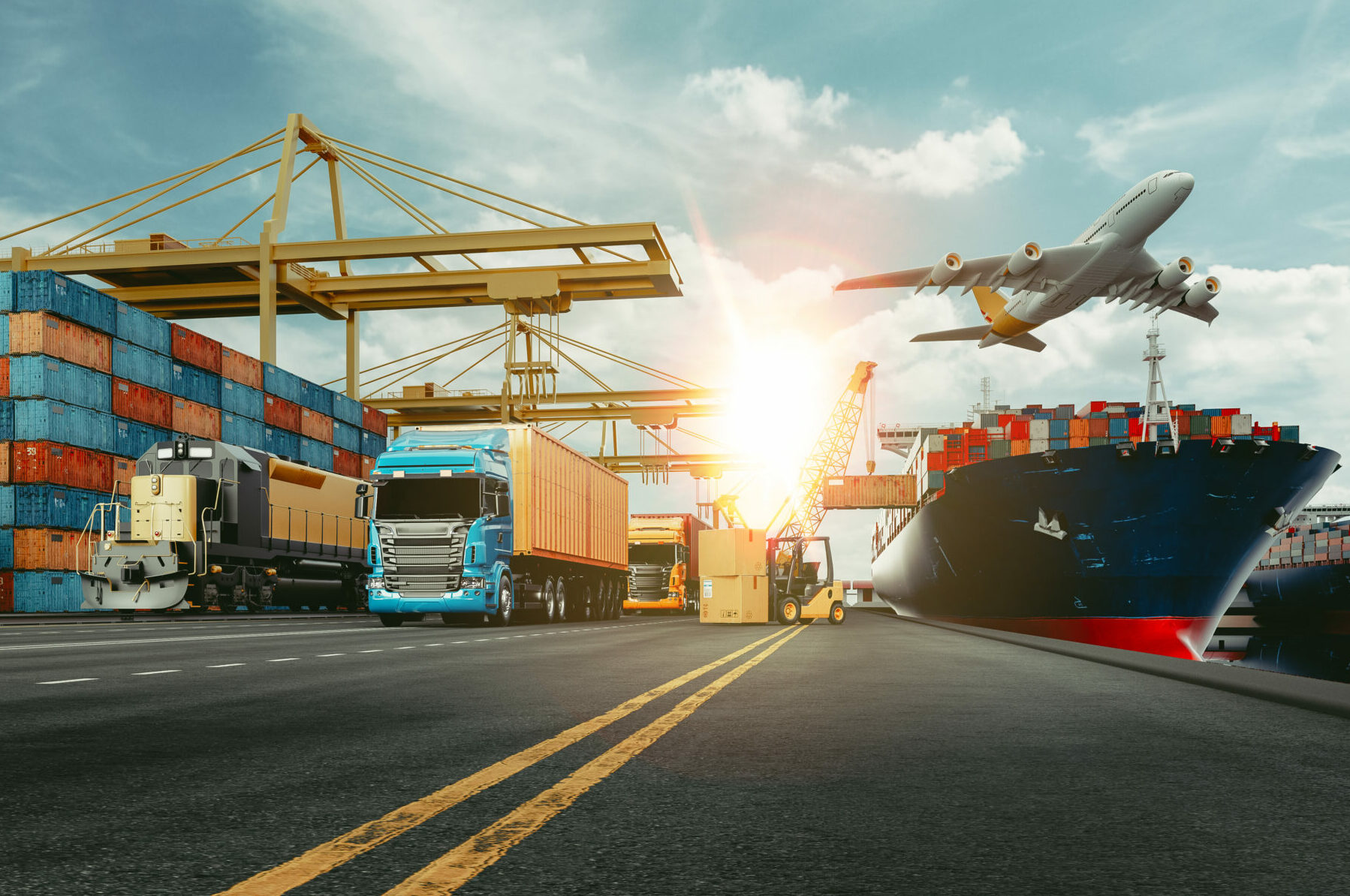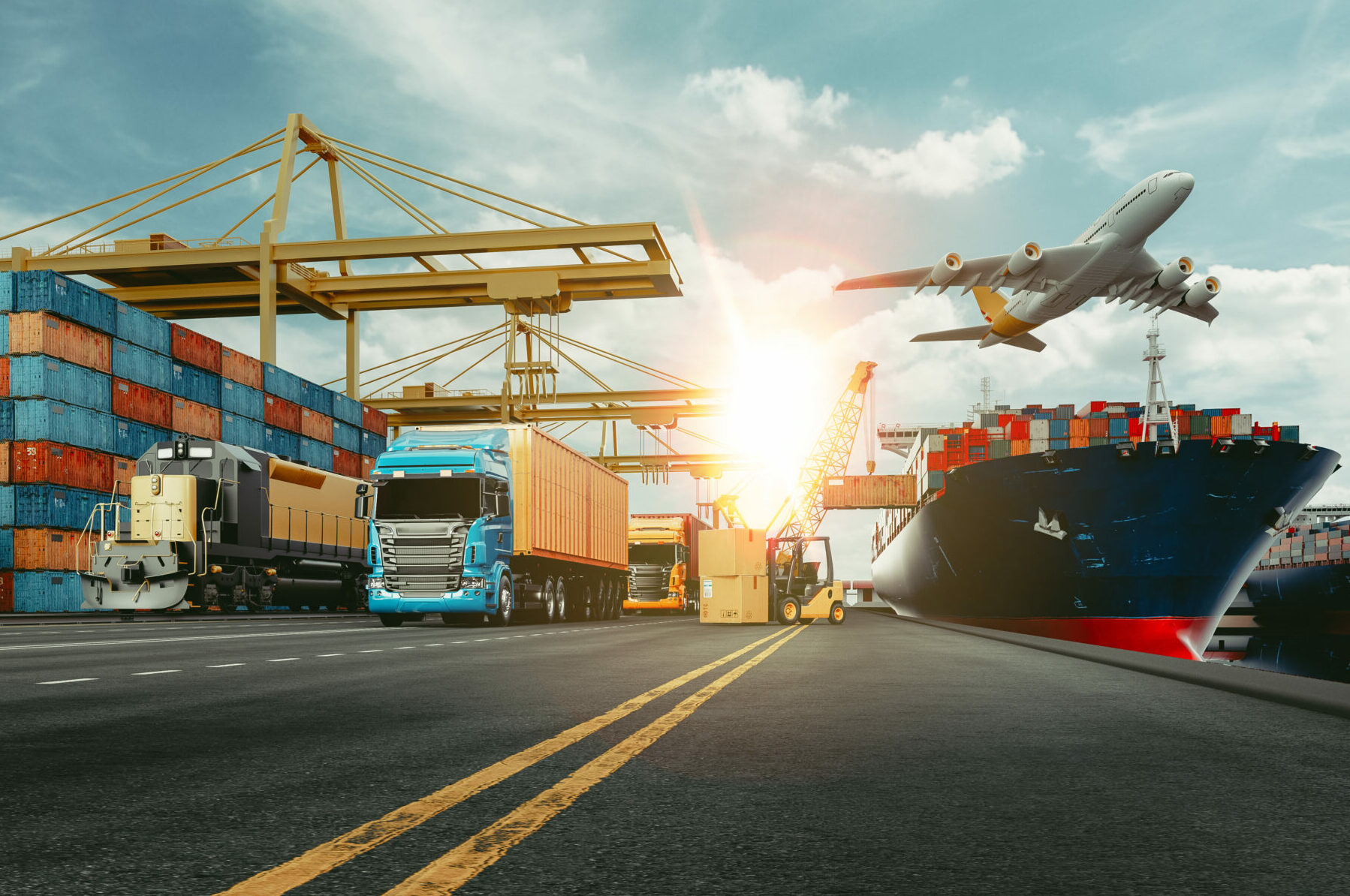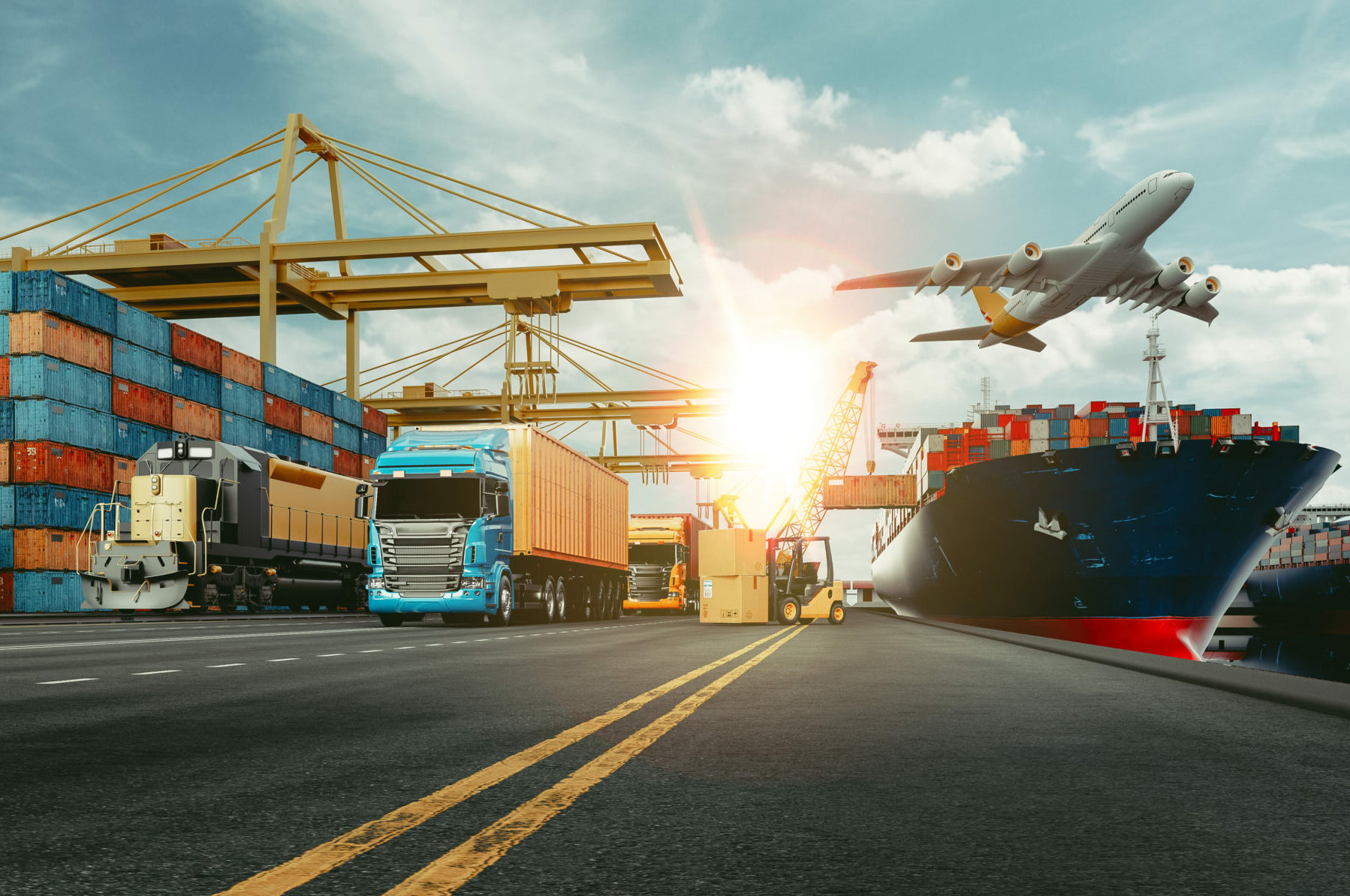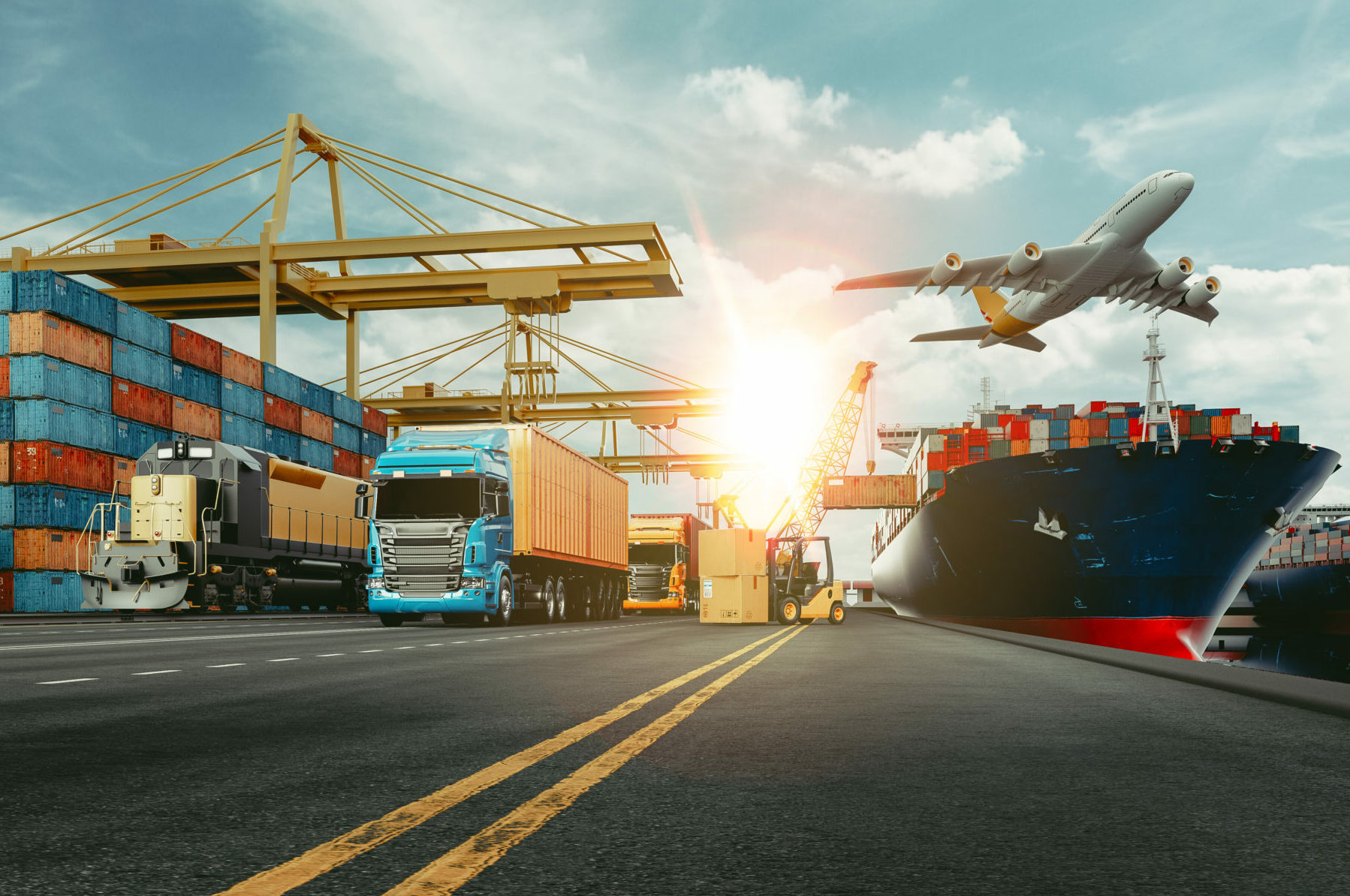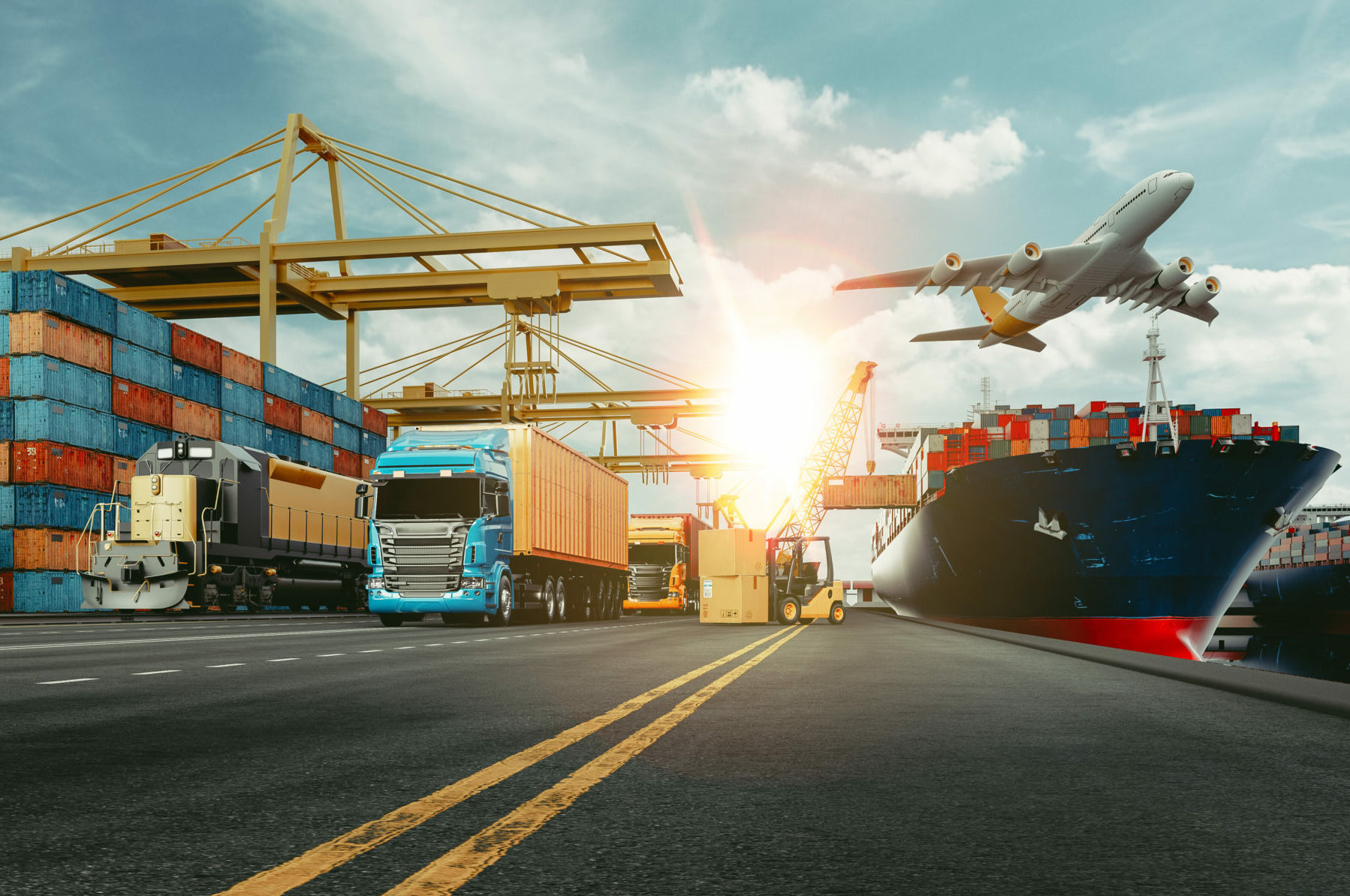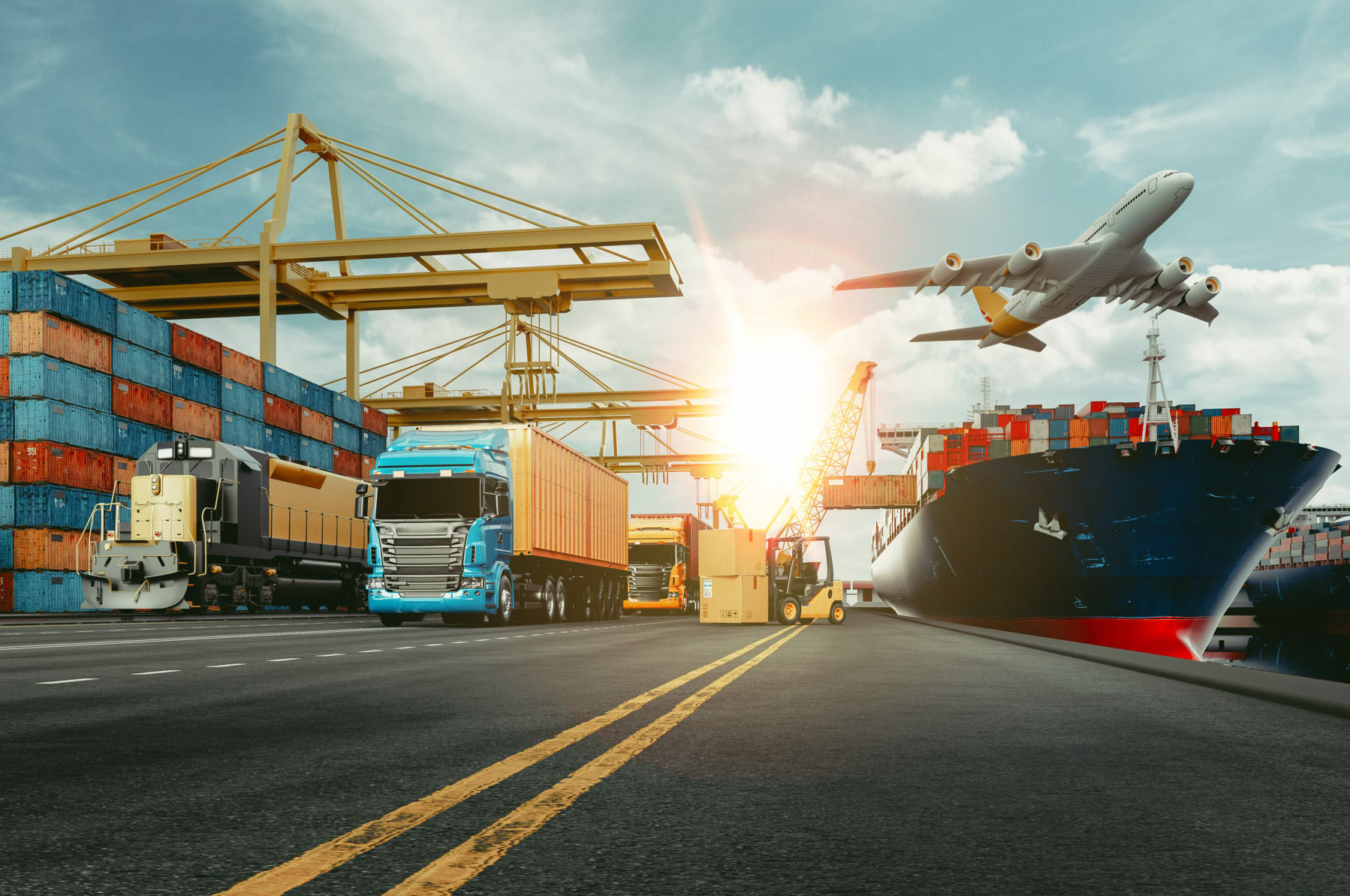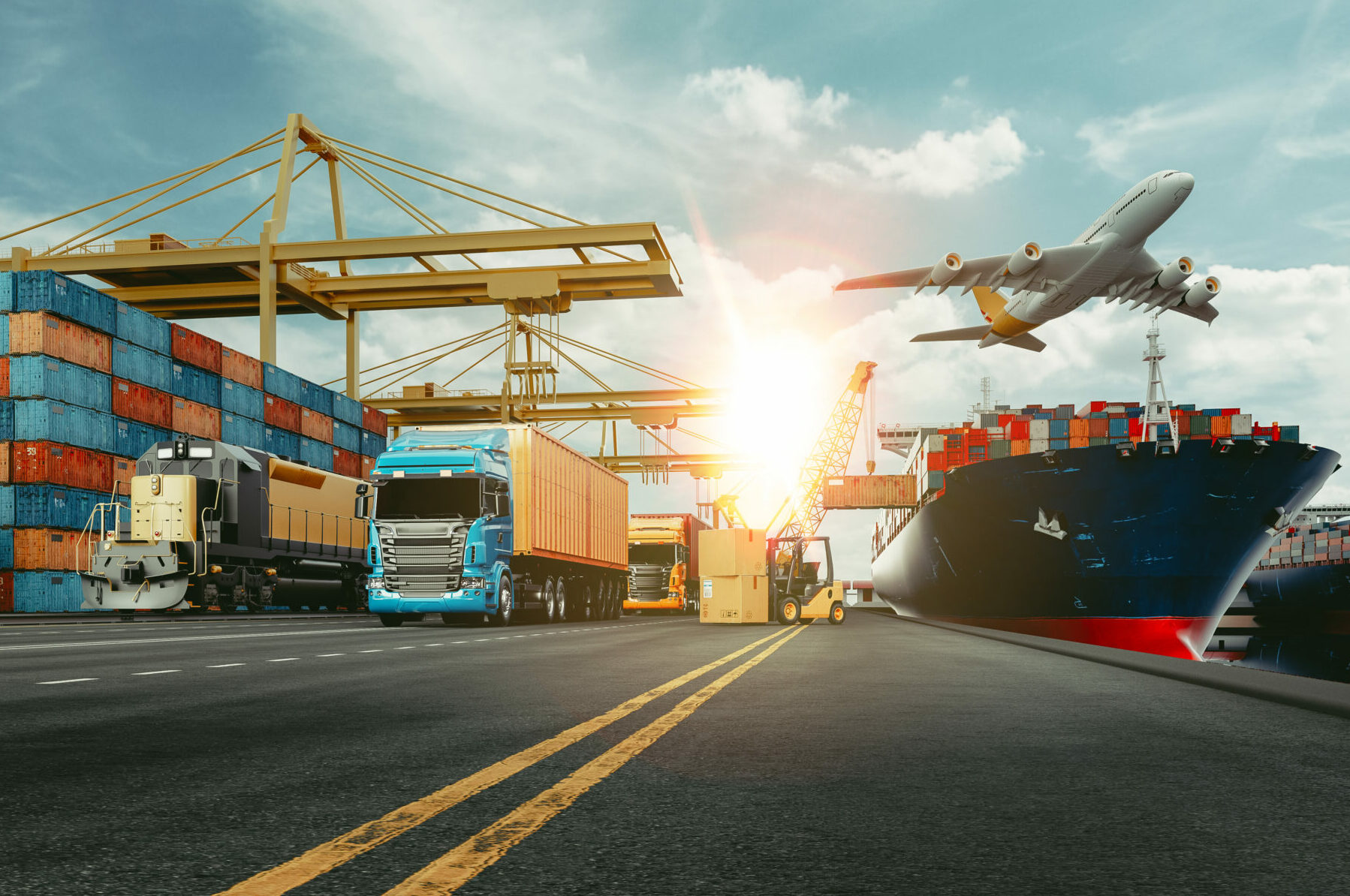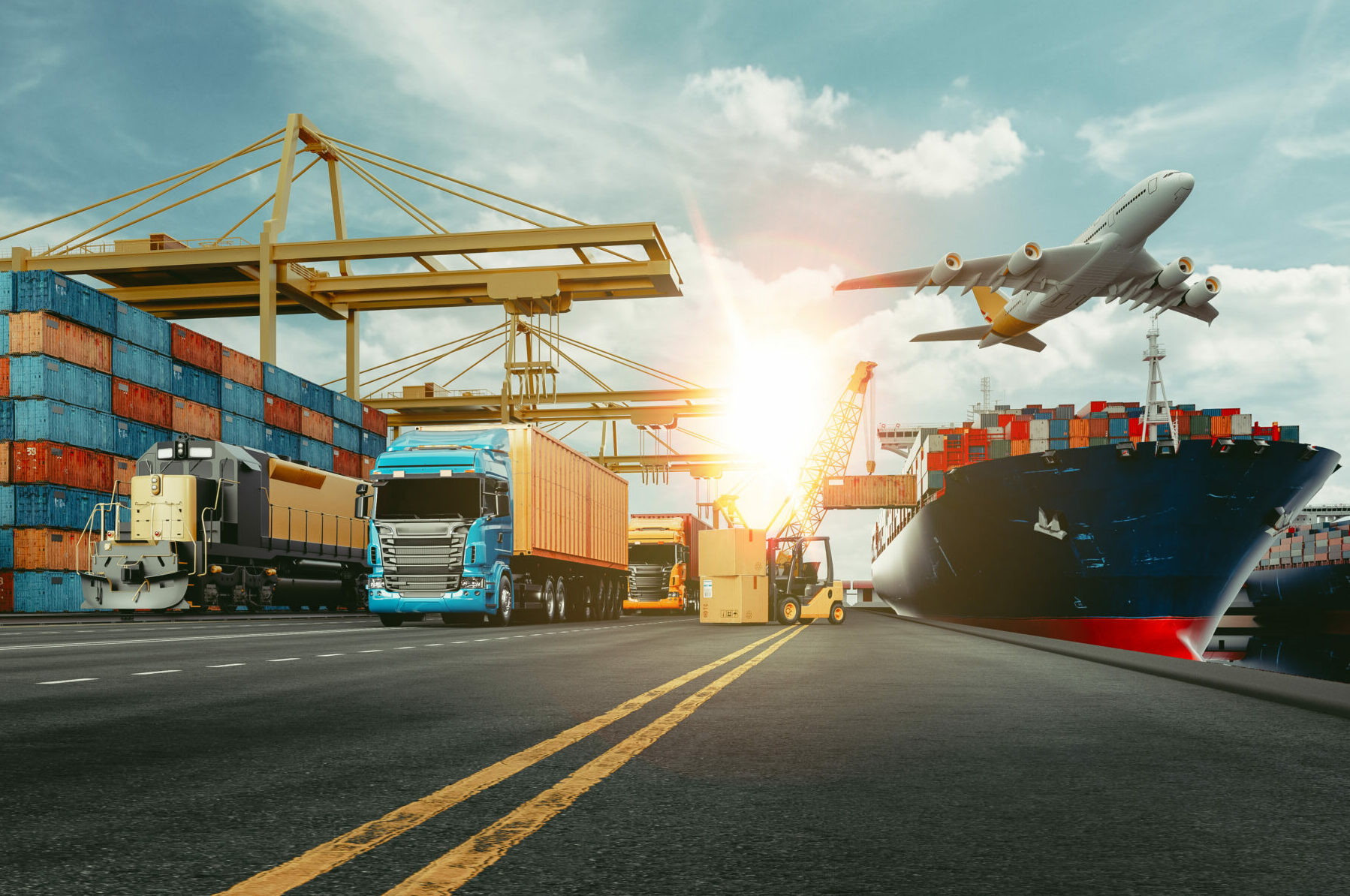The cargo forwarding industry handles billions of pounds worth of goods annually, with high-value cargo presenting unique risks and challenge…
Multimodal Freight Forwarder Insurance: Comprehensive Protection for Complex Logistics Operations
Introduction
Multimodal freight forwarding represents one of the most complex and risk-intensive sectors in the logistics industry. As businesses increasingly rely on seamless transportation across multiple modes - sea, air, road, and rail - freight forwarders face unprecedented exposure to liability claims, cargo damage, and operational disruptions. Multimodal freight forwarder insurance provides essential protection for these intricate supply chain operations, ensuring business continuity and financial security in an increasingly interconnected global marketplace.
Understanding Multimodal Freight Forwarding Risks
Multimodal freight forwarders orchestrate complex transportation networks, coordinating shipments across different carriers, modes of transport, and international borders. This complexity creates unique risk exposures that traditional single-mode transport insurance cannot adequately address.
The primary risks include:
- Cargo damage during intermodal transfers
- Liability for delayed deliveries affecting client operations
- Documentation errors leading to customs delays
- Third-party liability claims from accidents during transportation
- Cyber security breaches affecting tracking systems
- Professional negligence claims from routing or scheduling errors
Core Insurance Coverage Components
Professional Indemnity Insurance
Professional Indemnity Insurance forms the foundation of multimodal freight forwarder protection, covering claims arising from errors, omissions, or negligent acts in providing forwarding services. This includes coverage for financial losses resulting from incorrect documentation, routing errors, or failure to arrange appropriate transportation.
Cargo Legal Liability Insurance
Cargo Legal Liability Insurance protects against claims for damage, loss, or theft of goods while in the forwarder's care, custody, or control. This coverage is crucial during intermodal transfers where goods change hands between different carriers and transportation modes.
General Liability Insurance
General Liability Insurance covers third-party bodily injury and property damage claims arising from forwarding operations, including accidents at warehouses, loading facilities, or during cargo handling operations.
Errors and Omissions Coverage
Errors and Omissions coverage specifically addresses the professional services aspect of freight forwarding, protecting against claims resulting from incorrect customs documentation, missed shipping deadlines, or inadequate insurance arrangements for client cargo.
Specialized Coverage Considerations
Multimodal operations require specialized coverage extensions that address the unique challenges of coordinating multiple transportation modes. Intermodal transfer coverage protects against losses occurring during the critical handover points between different carriers and transport modes.
International liability coverage ensures protection across different jurisdictions and legal systems, addressing the complex regulatory environment of global logistics operations. This includes coverage for customs and regulatory compliance issues that could result in significant financial penalties.
Technology and cyber liability protection has become increasingly important as freight forwarders rely heavily on digital tracking systems, electronic documentation, and online platforms for coordinating shipments. Coverage includes protection against data breaches, system failures, and cyber attacks that could disrupt operations.
Industry-Specific Risk Factors
Different types of multimodal freight forwarding operations face varying risk profiles. Project cargo forwarders handling oversized or specialized equipment face higher liability exposures due to the complexity and value of shipments. Temperature-controlled logistics operations must consider additional risks related to refrigeration failures and cold chain integrity.
Hazardous materials forwarding requires specialized coverage for environmental liability and regulatory compliance, while high-value cargo operations need enhanced security and theft protection measures.
Claims Management and Loss Prevention
Effective claims management is crucial for multimodal freight forwarders due to the complexity of determining liability across multiple parties and transportation modes. Insurance providers typically offer specialized claims handling services with expertise in international logistics and transportation law.
Loss prevention programs focus on:
- Risk assessment procedures
- Staff training on documentation requirements
- Technology systems for cargo tracking and monitoring
- Regular audits of carrier and partner qualifications
Regulatory Compliance and Legal Requirements
Multimodal freight forwarders must navigate complex regulatory environments across different countries and transportation modes. Insurance coverage should address compliance with international conventions such as the CMR Convention for road transport, the Warsaw Convention for air transport, and the Hague-Visby Rules for sea transport.
Professional liability coverage should include protection against regulatory fines and penalties resulting from compliance failures, while ensuring coverage remains valid across different legal jurisdictions.
Cost Factors and Premium Considerations
Insurance premiums for multimodal freight forwarders depend on several key factors:
- The scope of operations and geographical coverage
- Types of cargo handled and average shipment values
- Annual turnover and claims history
- Risk management procedures and staff qualifications
- Technology systems and security measures implemented
Forwarders can optimize insurance costs through:
- Comprehensive risk management programs
- Staff training and certification initiatives
- Investment in tracking and monitoring technology
- Careful selection of carrier partners and subcontractors
Choosing the Right Insurance Provider
Selecting appropriate insurance coverage requires working with providers who understand the complexities of multimodal freight forwarding operations. Key considerations include:
- Experience in logistics and transportation insurance
- Global coverage capabilities and international partnerships
- Claims handling expertise in complex multimodal scenarios
- Risk management support and loss prevention services
Future Trends and Emerging Risks
The freight forwarding industry continues to evolve with technological advancement and changing global trade patterns. Emerging risks include increased cyber security threats, environmental liability concerns, supply chain disruption risks, and regulatory changes affecting international trade.
Insurance coverage must adapt to address these evolving challenges while maintaining comprehensive protection for traditional forwarding risks.
Conclusion
Multimodal freight forwarder insurance represents a critical investment in business protection and operational continuity. The complex nature of coordinating shipments across multiple transportation modes creates unique risk exposures that require specialized insurance solutions.
By working with experienced insurance providers who understand the intricacies of multimodal logistics operations, freight forwarders can secure comprehensive protection that enables confident business growth while managing the inherent risks of global supply chain coordination.


 0330 127 2333
0330 127 2333

